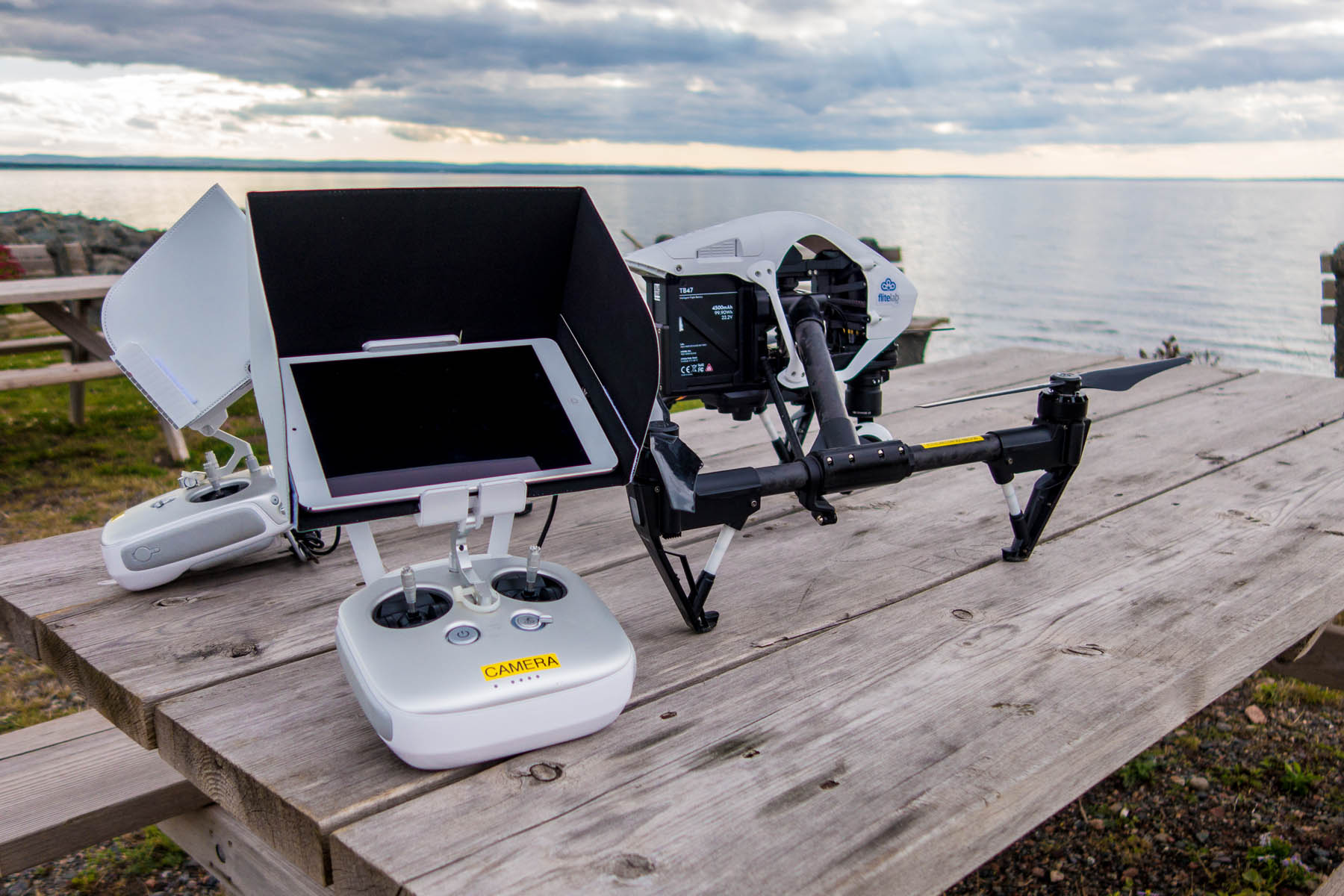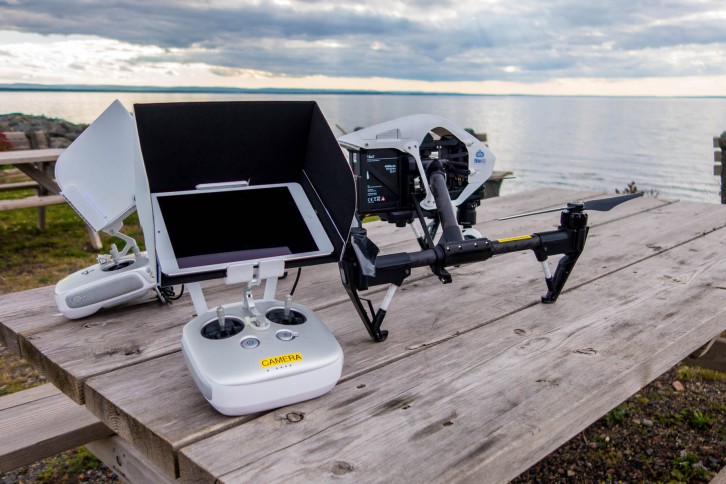Technology
Nova Scotia’s drones are at the starting line
Newly-formed Nova Scotia Drone Association hopes to introduce racing

caption
One of FliteLab's first-person-view camera drones.

caption
One of FliteLab’s first-person-view camera drones.Gary Sandover might have inadvertently introduced Nova Scotia to the sport of drone racing. On a whim, Sandover decided to create a Nova Scotia Drone Association page on Facebook and advertised the page on Kijiji.
Sandover, who handles drones in the film industry, was shocked by the response he received. In less than a week, he had heard back from more than 60 interested drone enthusiasts.
“It blows my mind,” says Sandover. “It really just started as something to do. I thought it’d be good to have a club for drone operators – to have a venue to talk about their hobby and hopefully take it to the next level.”
The next level, in Sandover’s mind, is drone racing.
After the association started garnering interest, Sandover got in touch with New York City-based Jeff Caron from the Drone Racing League, to discuss the viability of hosting a race in Halifax.
The Drone Racing League is a recently launched organization that wants to make high-stakes drone racing a reality. So far, the 2016 season has 6 races lined up across the US.
The first step towards hosting in Halifax a race is corporate sponsorship. On Feb. 1, Sandover confirmed the NDSA’s first sponsor and a $250 first prize for the first Nova Scotia drone race.
Unlike the Drone Racing League, the NDSA wants to make its races open to any model of drone, allowing for tech-savvy hobbyists to race with their customized drones.
Navigating the lawless sky
Sandover isn’t the first to connect Nova Scotia’s drone hobbyists. FliteLab, a company based in Hammond’s Plains, started distributing components to Canadians after drones hit mainstream markets in 2012.
“We started by bringing in parts from China,” says Mark Langille, who has worked with FliteLab since the beginning. “We were sort of building a new industry as we went along.”
Today, FliteLab deals primarily with commercial clients, selling drone-shot footage of condos for real estate firms, shooting for magazines and doing video mapping.
Langille says the technology developed so quickly that the drone market has become incredibly competitive.
The drone market has grown rapidly. As a result of this, drone laws “haven’t been able to match pace.” says Langille. “The only real rule that exists on the recreational side of things is to not endanger a manned vehicle.”
Awareness of drone laws is another reason Sandover wanted to gather enthusiasts.
“I don’t think the majority realizes what’s involved when they buy a drone,” says Sandover. “They’re often seen as a toy, but they’re really not.”
Sandover feels that having a formal drone association will help newcomers navigate the awkward laws in place around drones. Transportation Canada has created a handy chart to determine whether or not a drone is breaking the law.
The Nova Scotia Drone Association is currently in talks to plan its first meeting for March, during which, members will discuss the specifics of Nova Scotia’s first drone race.
“I’d love to see a gathering of these people,” Sandover says. “This could end up becoming something. And I’m the guy who’s going to get this off the ground.”
About the author

Mat Wilush
Mat Wilush is a gangly and bespectacled journalist living in Halifax.
G
George Briand .
J
Jean